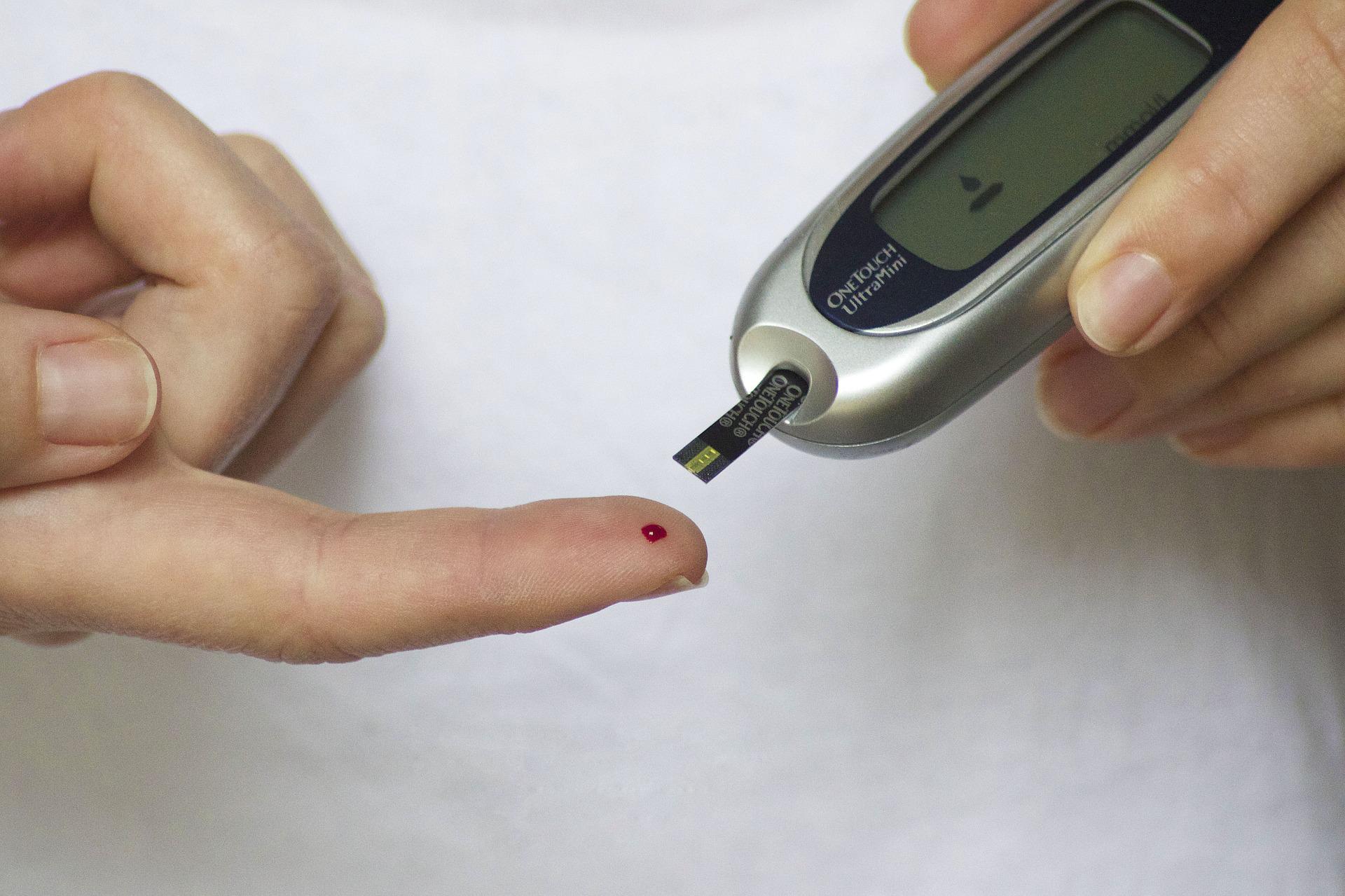News release
From:
COVID-19 patients more likely to develop cardiovascular diseases and diabetes soon after infection
Disease risk returns to baseline after 23 weeks for diabetes, and 7 weeks for cardiovascular diseases
Patients who contract COVID-19 face a higher risk of developing cardiovascular diseases and diabetes, particularly in the three months following infection, according to a new study by Emma Rezel-Potts, Martin Gulliford, and colleagues of King’s College London, United Kingdom, publishing July 19th in the open access journal PLOS Medicine.
Scientists are increasingly recognizing COVID-19 as a multi-system condition that can cause disease throughout the body, likely by triggering pathways that cause inflammation. In the new study, researchers investigated whether a sample of COVID-19 patients developed new cases of diabetes and cardiovascular diseases at higher rates than a sample of people who have never had the disease in the year following infection. They analyzed anonymized medical records from more than 428,000 COVID-19 patients, and the same number of control individuals, matched by age, sex, and family practice. The analysis showed that COVID-19 patients had 81% more diagnoses of diabetes in the first four weeks after contracting the virus and that their risk remained elevated by 27% for up to 12 weeks after infection. COVID-19 was also associated with a six-fold increase in cardiovascular diagnoses overall, mainly due to the development of pulmonary embolism (blood clots in the lungs) and irregular heartbeat. The risk of a new heart disease diagnosis began to decline five weeks after infection and returned to baseline levels or lower within 12 weeks to one year.
The researchers conclude that COVID-19 infection is associated with an increased risk of cardiovascular disorders and diabetes, but fortunately, there does not appear to be a long-term increase in the incidence of these conditions for patients who have contracted the virus. Based on these findings, they recommend that doctors advise their patients who are recovering from COVID-19 to reduce their risk of diabetes through a healthy diet and exercise.
Coauthor Ajay Shah adds, “The information provided by this very large population-based study on the longer-term effects of COVID-19 on development of cardiovascular conditions and diabetes will be extremely valuable to doctors managing the millions of people who have had COVID-19 by now. It is clear that particular vigilance is required for at least the first 3 months after COVID-19.”
Lead author Emma Rezel-Potts concludes, “Use of a large, national database of electronic health records from primary care has enabled us to characterise the risk of cardiovascular disease and diabetes mellitus during the acute and longer-term phases following Covid-19 infection. Whilst it is in the first four weeks that Covid-19 patients are most at risk of these outcomes, the risk of diabetes mellitus remains increased for at least 12 weeks. Clinical and public health interventions focusing on reducing diabetes risk among those recovering from Covid-19 over the longer-term may be very beneficial.”



 International
International



